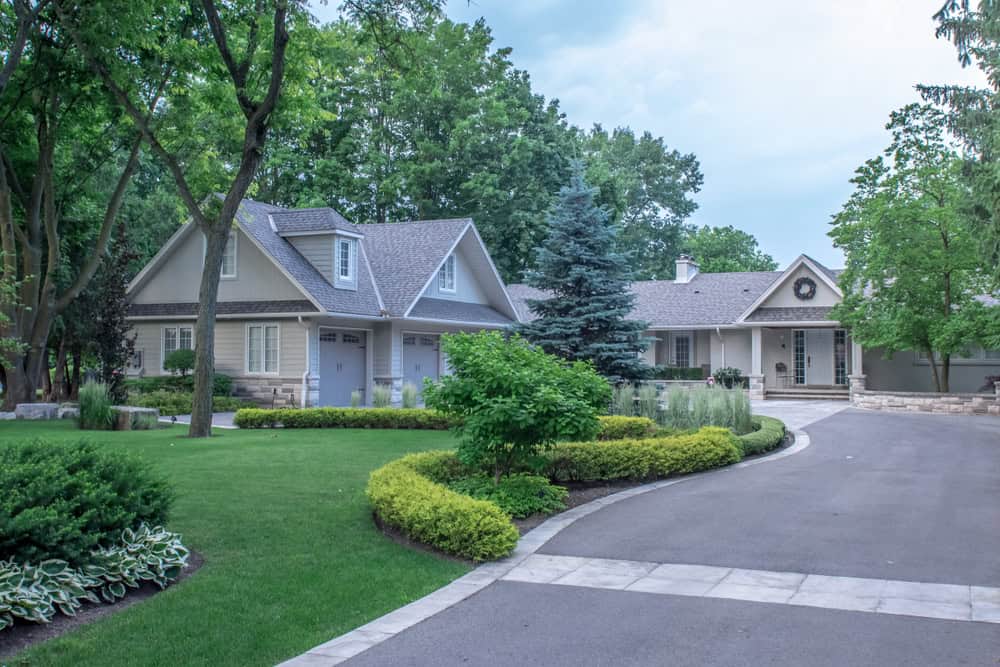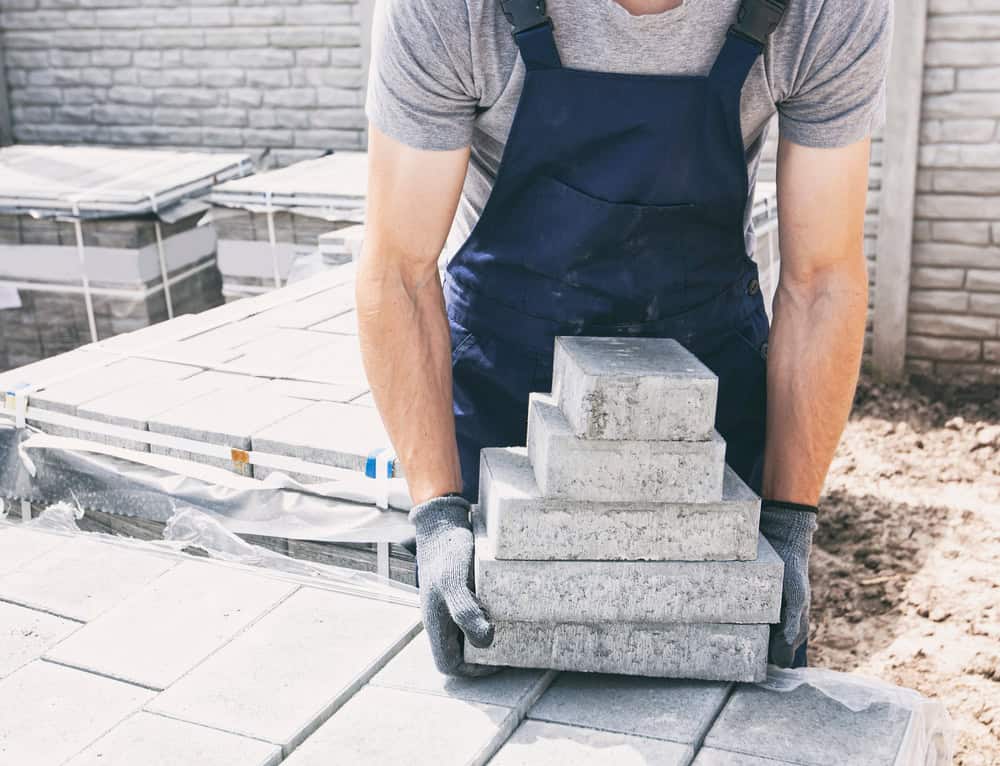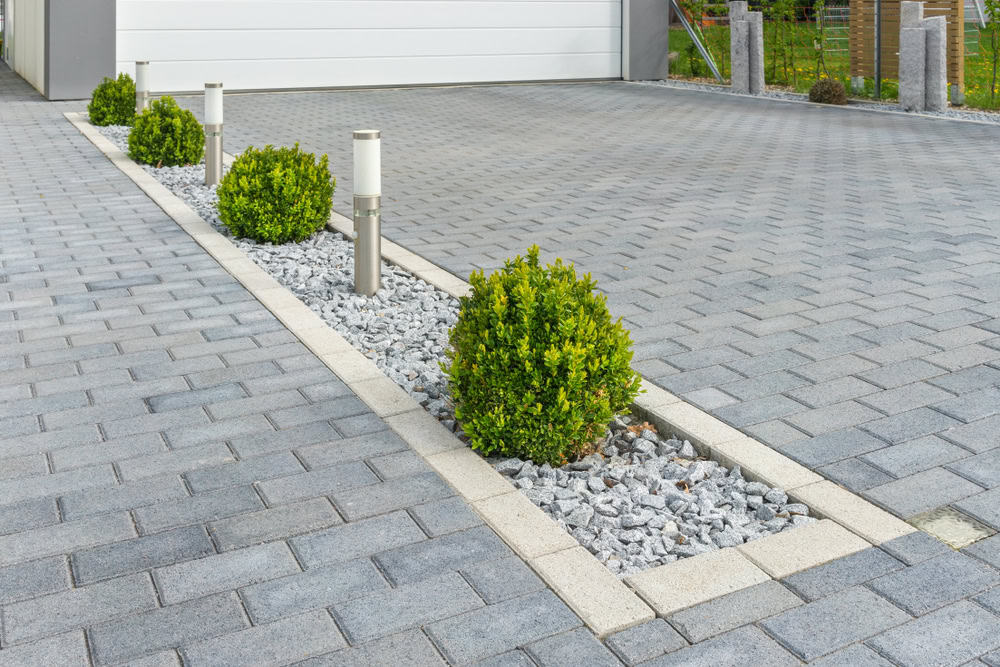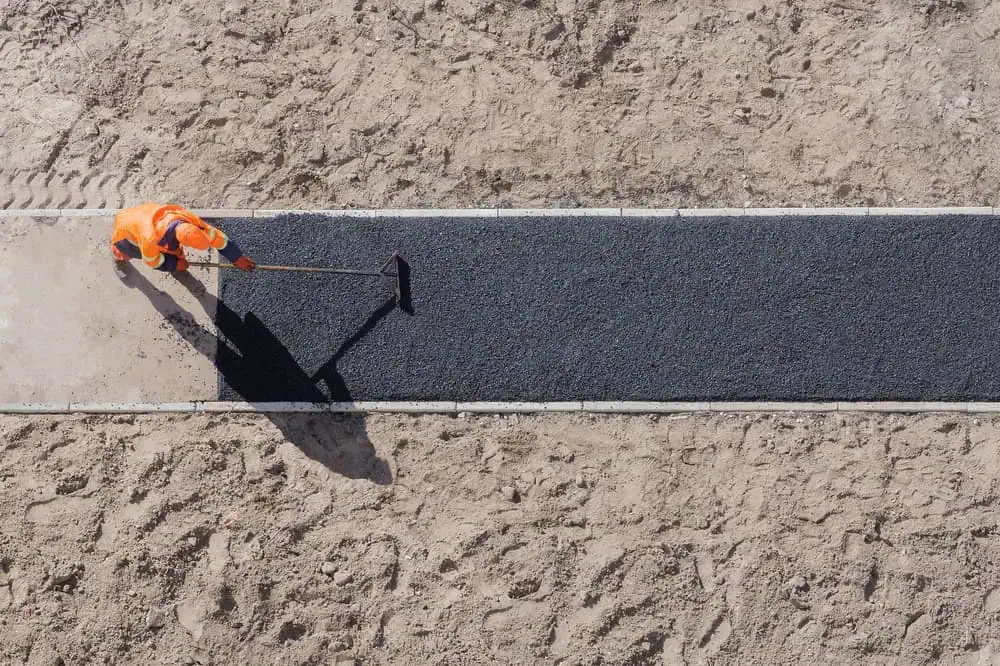Professional paver installation with proper base prep and drainage – because your outdoor space deserves better than cracked concrete.


Your patio becomes the place where everything happens. Morning coffee, weekend barbecues, quiet evenings after long days. When pavers are installed correctly, you get a space that handles New England weather without shifting, cracking, or becoming a maintenance headache.
Proper paving installation means your investment pays off for decades. No more avoiding that back corner where concrete slabs have settled. No more worrying about water pooling after every storm. Just a beautiful, functional outdoor area that adds real value to your property.
The difference is in the details – proper base preparation, correct drainage, quality materials, and installation techniques that account for our freeze-thaw cycles. When it’s done right, your paver patio or walkway becomes a natural extension of your home.
Academy Masonry has been handling paver installations throughout Kates Corner and the surrounding Massachusetts area for years. We understand what happens when shortcuts are taken with base preparation – and we’ve fixed plenty of failed installations to prove it.
Our approach is straightforward: proper excavation, correct base materials, appropriate drainage, and installation techniques that account for our climate. We work with quality brick pavers, stone pavers, and other hardscaping materials that hold up to real-world conditions.
When you’re investing in your property, you want contractors who understand both the technical requirements and the local challenges. That’s what we bring to every patio paver and walkway project.

Every project starts with proper planning. We assess your space, discuss your vision, and explain what’s needed for a long-lasting installation. No surprises, no upsells – just clear information about what your project requires.
Excavation and base preparation come next. This is where most problems start if it’s done wrong. We excavate to the proper depth, install appropriate base materials, and ensure correct drainage. The base determines whether your pavers will still look great in ten years or start settling next spring.
Installation follows proven techniques. Pavers are set with proper spacing, edges are secured correctly, and joints are filled appropriately. We finish with sealing when beneficial and clean up completely. You get a detailed explanation of maintenance requirements and what to expect as your new patio or walkway settles into regular use.

Ready to get started?
Paver installation involves more than laying stones. You get complete site preparation including proper excavation, base material installation, and drainage solutions designed for Massachusetts conditions. We handle permits when required and coordinate any necessary utility marking.
Material selection matters for both appearance and performance. We work with various paver types – brick pavers for classic looks, stone pavers for natural appeal, and specialty options for unique applications. You’ll understand the pros and cons of different choices before making decisions.
Installation includes all finishing work – edge restraints, joint filling, initial sealing when appropriate, and thorough cleanup. We explain maintenance requirements and provide guidance for long-term care. Most importantly, you get installation techniques that account for our freeze-thaw cycles and drainage challenges.
